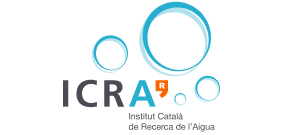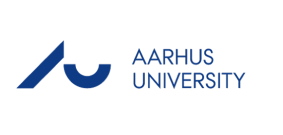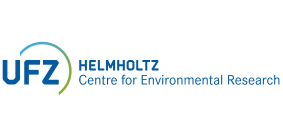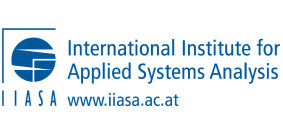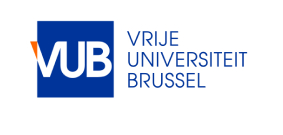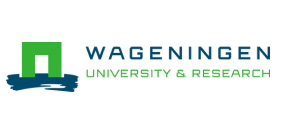
Established in 1845, University College Cork, (UCC) is one of the premier research institutions in Ireland.
As Ireland’s
first five-star university (with internationally-recognised expertise in science, food, engineering, medicine, business, law,
social sciences and the humanities), UCC boasts a vibrant, modern, environmentally sustainable campus and a top-ranked
student experience, second to none in Ireland. Supporting approx. 20,000 students pursuing undergraduate and
postgraduate studies, the University provides the full range of academic disciplines and plays a crucial role in the
development of Ireland’s knowledge-based society. As of November 2019, UCC researchers have secured 162 Horizon
2020 awards (53 as coordinator and 110 as partner). The total financial drawdown amounts to €84.2 million

